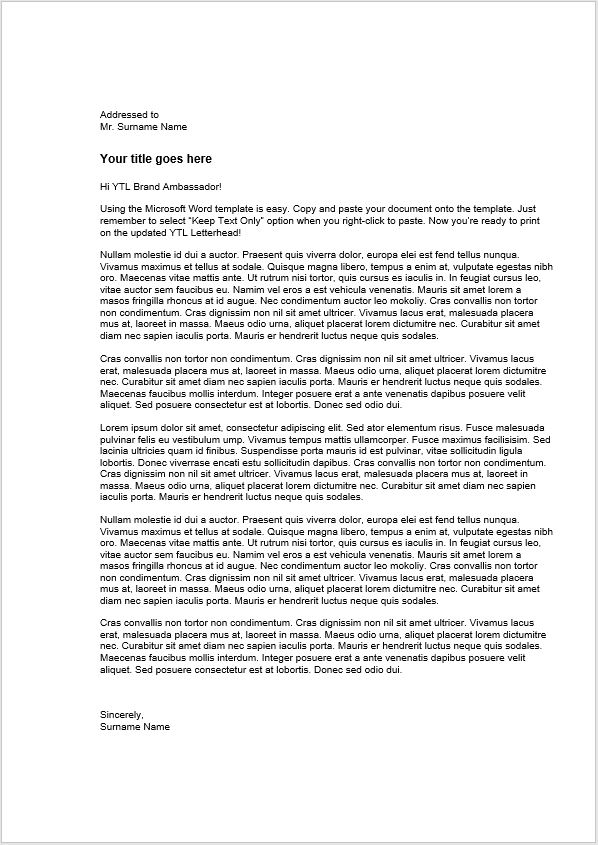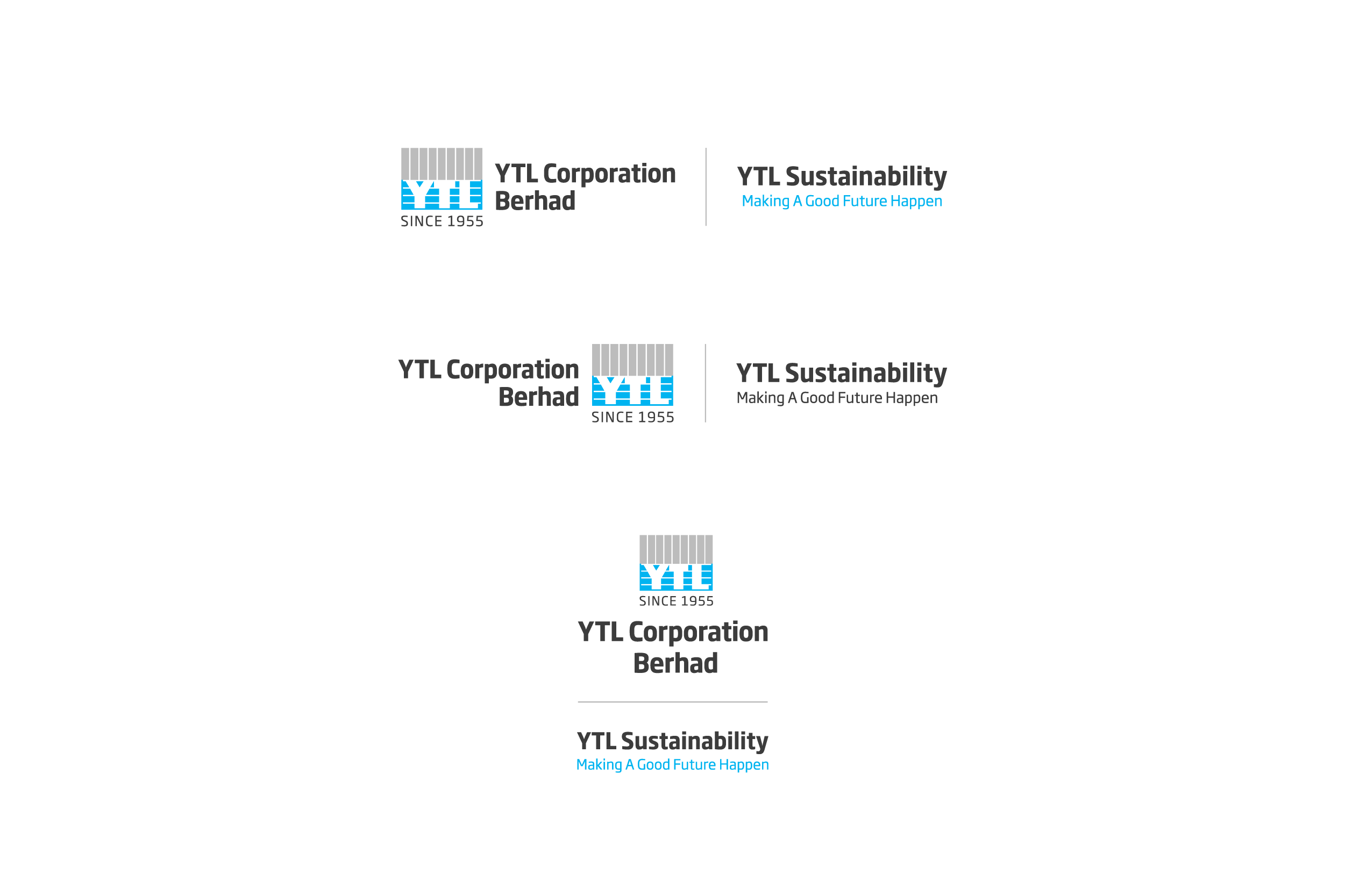by Anishametra Saravanan

In the relentless pursuit of success, we often find ourselves grappling with an uncomfortable and all-too-familiar companion: failure. When faced with setbacks, our egos can take a beating, and an innate fight-or-flight response kicks in. It’s a natural human instinct to avoid situations that threaten our self-esteem. But what if we could change our perspective on failure, transforming it from a bruise to a badge of honour?
Let’s look into the intricacies of failure and explore strategies to make it less threatening to the ego. Like the age-old saying goes, “When life gives you lemons…”, we’ll uncover how embracing our missteps can become a powerful catalyst for growth and development, be it personal or professional.
Learn from the mistakes of others
In a research paper by Eskreis-Winkler and Fishbach, they reveal a useful method for handling failure. Instead of letting your ego get in the way, try learning from other people’s mistakes before attempting something yourself. In their study, some participants watched others fail in a game called “Facing Failure” before trying it themselves. Surprisingly, these participants learned more from these observed failures than from their own. So, when you’re tackling something new, like skiing or project management, it’s wise to watch YouTube videos about common mistakes first. This way, you can reduce the fear of failure and learn faster.
Get some distance
If negative emotions are getting in the way of your understanding, they also suggest trying self-distancing techniques. This method entails examining your personal experience as if you were a neutral third party, posing questions like, “Why did Jack fail?” instead of focusing solely on “Why did I fail?” While this may seem unconventional, it has proven to be remarkably effective. Additionally, adopting a third-person perspective or imagining yourself in the future, reflecting on the failure, can also be beneficial in gaining insights and reducing the emotional impact of the setback.
Don’t be shy, share your failure
People often hide their failures due to shame, but you can turn failure into a path to success by sharing it as a story of personal growth. In a study conducted, people were asked to tell stories about their failures in different areas like work, fitness, or school, with the aim of inspiring others. Surprisingly, this often led to future success. For example, secondary school students who shared their failures with primary school students got better grades than those who didn’t.
So, how can adults apply this in real life? If you’re a manager, consider sharing your own mistakes with your team members to help them improve their performance. This not only supports their professional growth but also fosters a culture of learning from failure that benefits everyone.
Feel the disappointment
If all else fails, try just feeling sad over your mistakes and defeats.
Extensive research indicates that sadness has evolved as a natural response to failure and loss, serving as a catalyst for self-reflection. Interestingly, sadness appears to enhance your memory and judgment, ultimately paving the way for future success. Think of it this way; the emotion of regret you feel can sharpen your motivation for your next big project.
Acknowledge your wins
Boosting your own self-esteem can be achieved through various means. Research consistently indicates that experts tend to be more resilient in the face of failure, partly because they have a history of accomplishment and a future predicated on commitment.
In a 2014 study, teachers combined constructive criticism with encouraging notes that highlighted students’ abilities and skills, leading to better grades later. Furthermore, studies suggest that teachers can reframe failure as a stepping stone to success by prioritising the goal of learning, as demonstrated by a 2019 study.
These ideas can apply to the workplace too. Managers can boost employees’ self-esteem by reminding them of their progress and achievements. Making learning a priority in projects encourages growth despite setbacks.

In the journey of growth, failure isn’t the end—it’s a stepping stone. When life serves up lemons, we don’t just make lemonade; we also learn to savour the sour moments as essential ingredients in our recipe for success. By following these pointers, we gain the courage to rise after every fall. Beyond failure lies the path to new beginnings and a stronger, wiser self.


















































